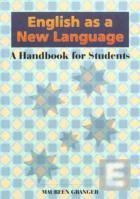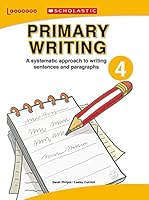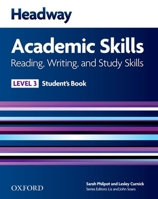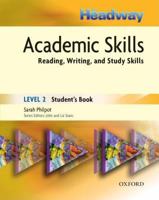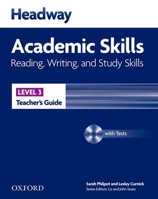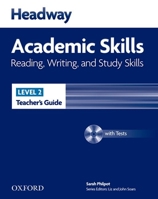Spotlight on Grammar: Pupil's Book 3
No Synopsis Available.
Format:Paperback
Language:English
ISBN:0333586115
ISBN13:9780333586112
Release Date:June 1995
Publisher:MacMillan Education, Limited
Length:112 Pages
Based on Your Recent Browsing
More by Sarah Philpot
Customer Reviews
4 customer ratings | 4 reviews
There are currently no reviews. Be the first to review this work.










